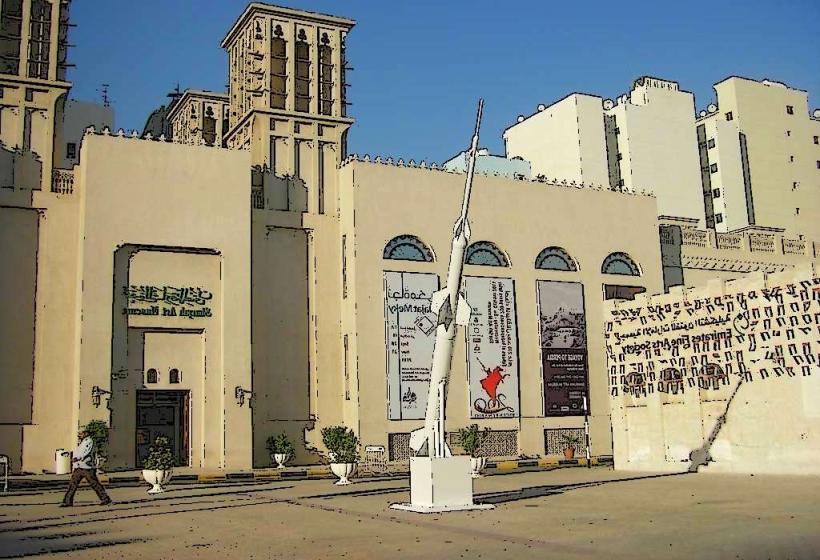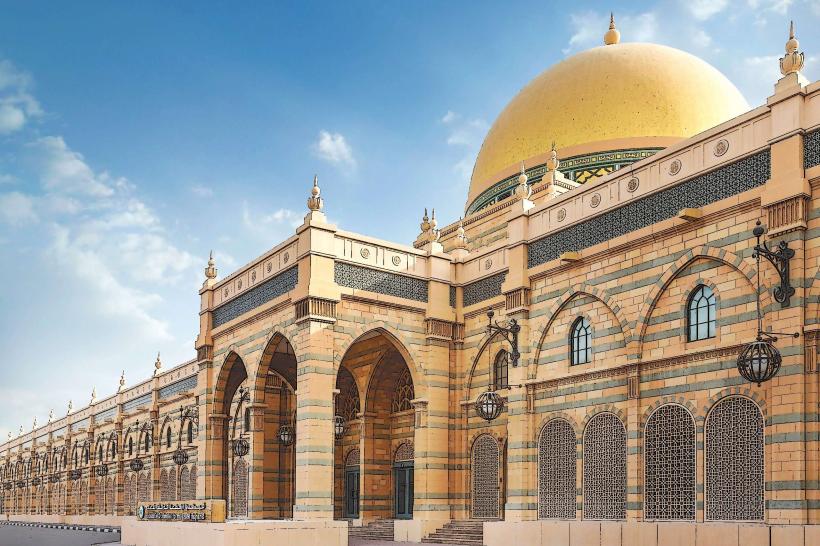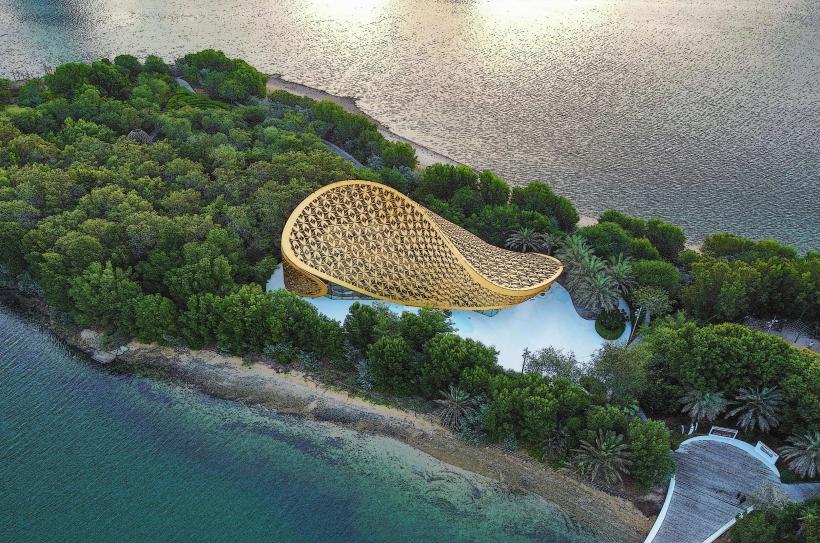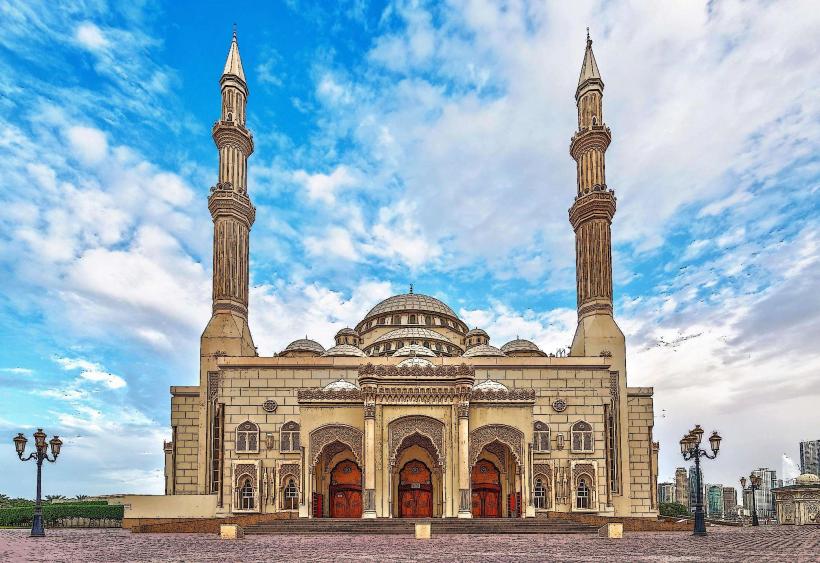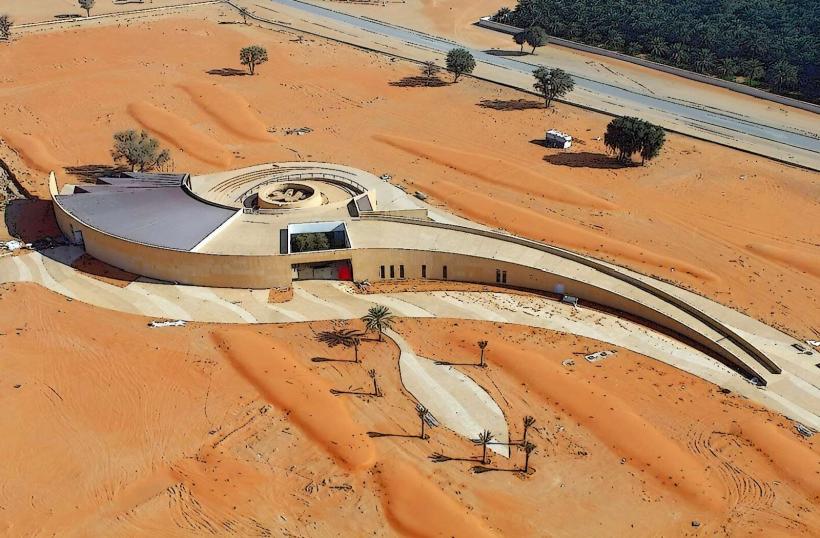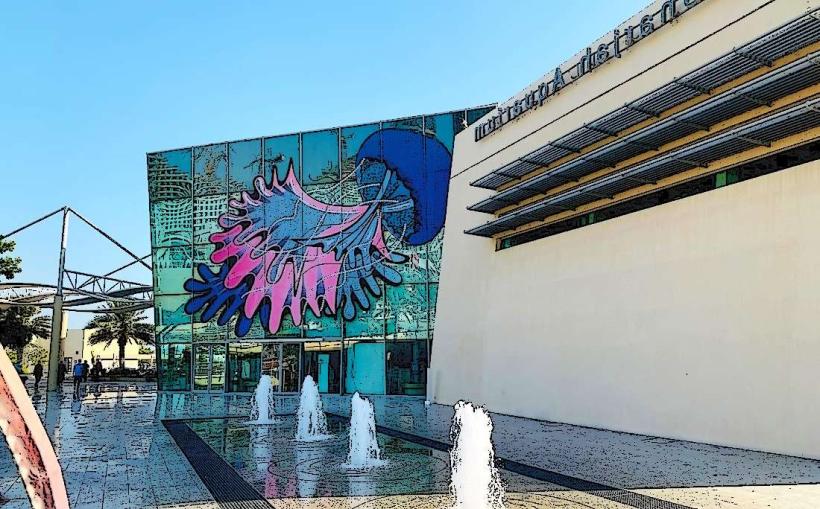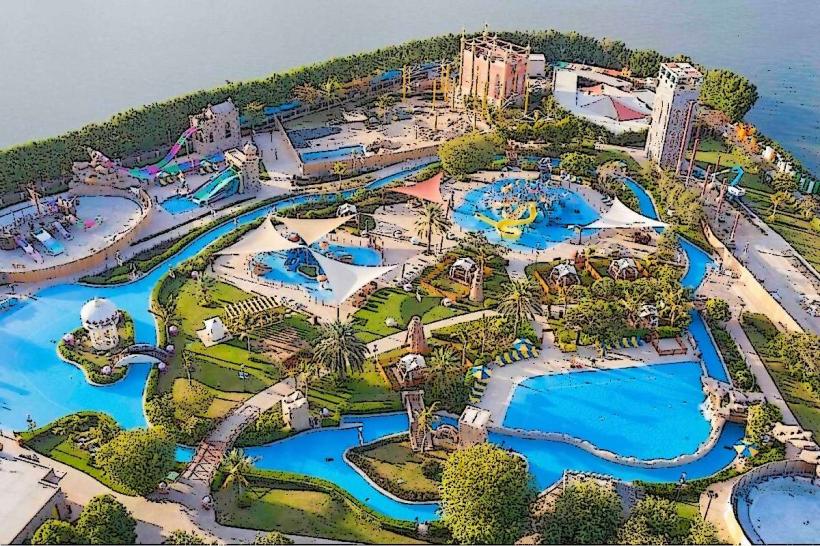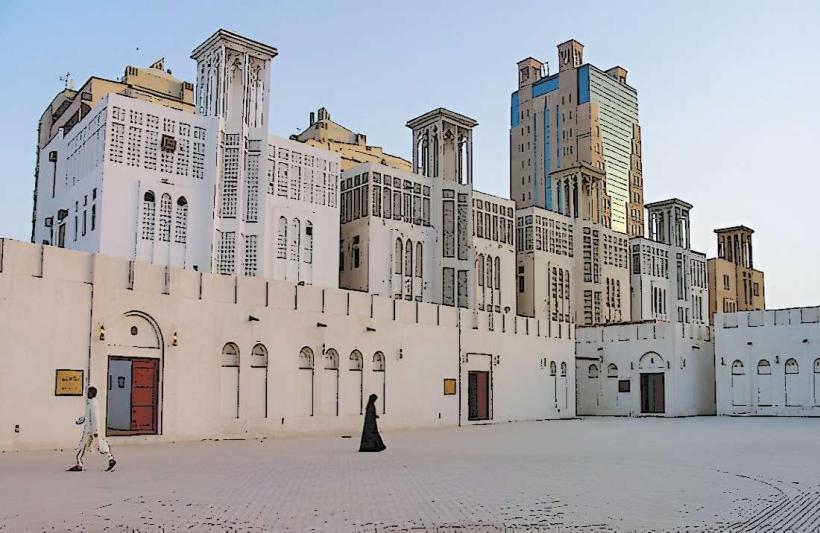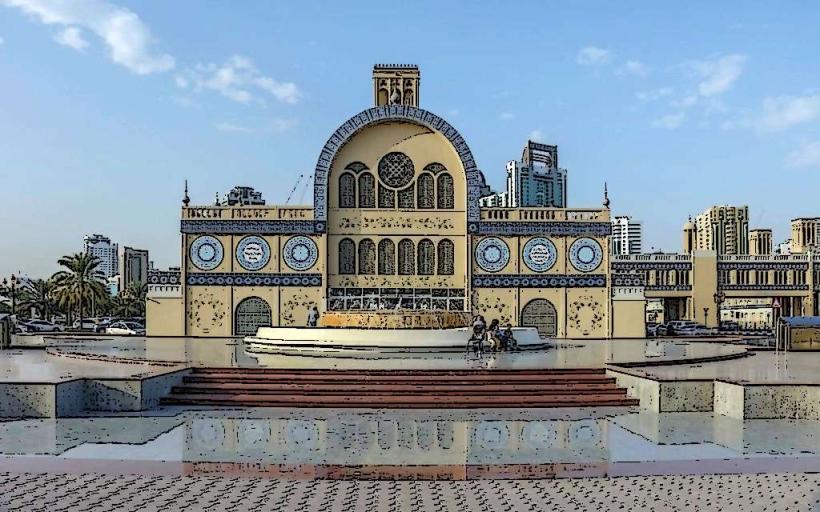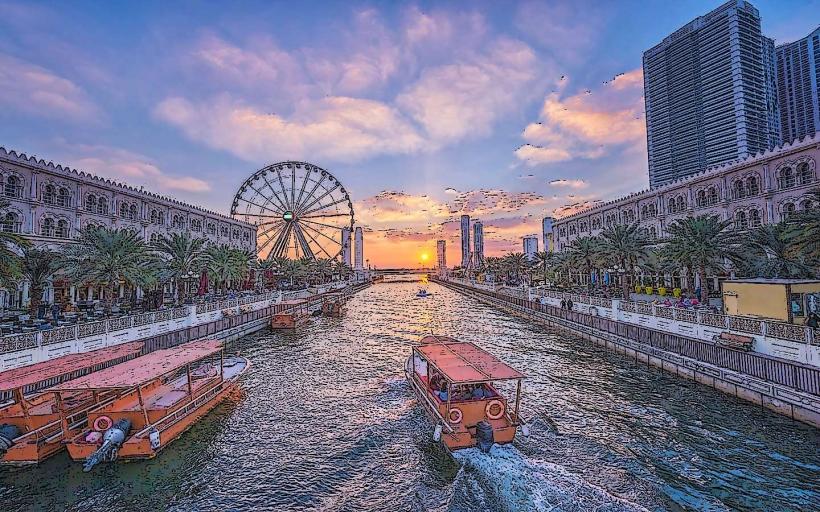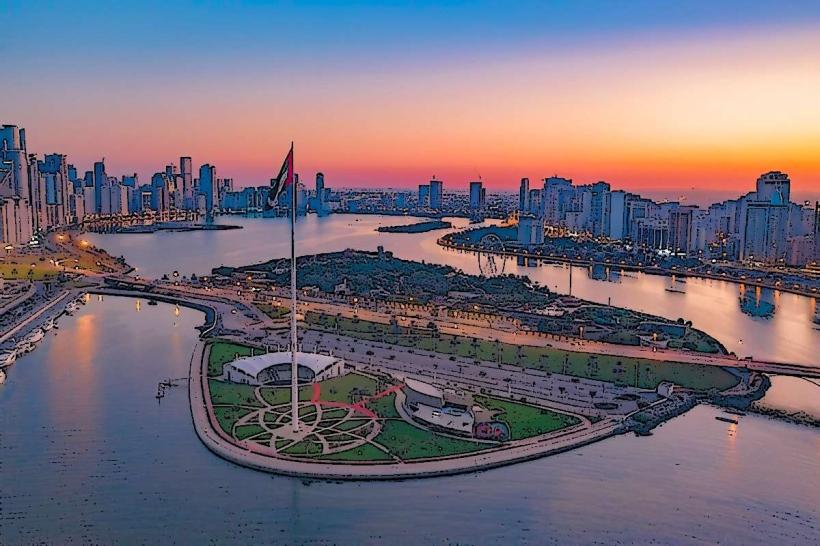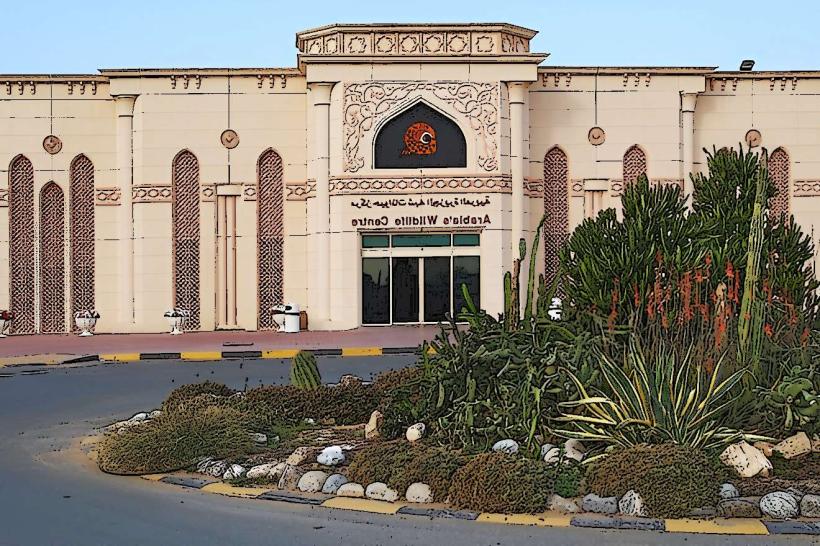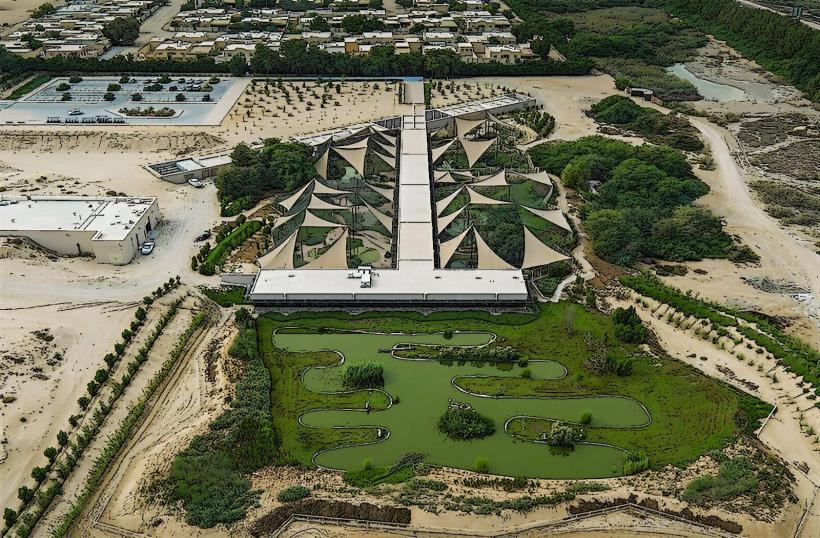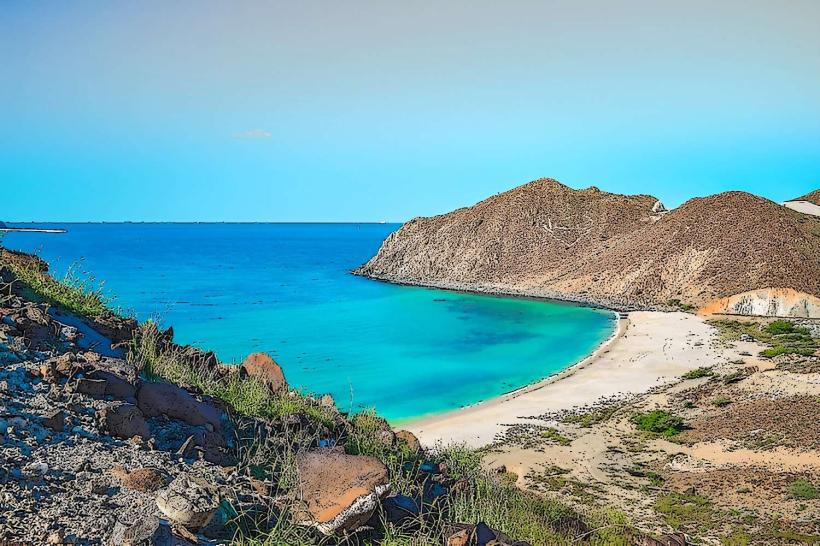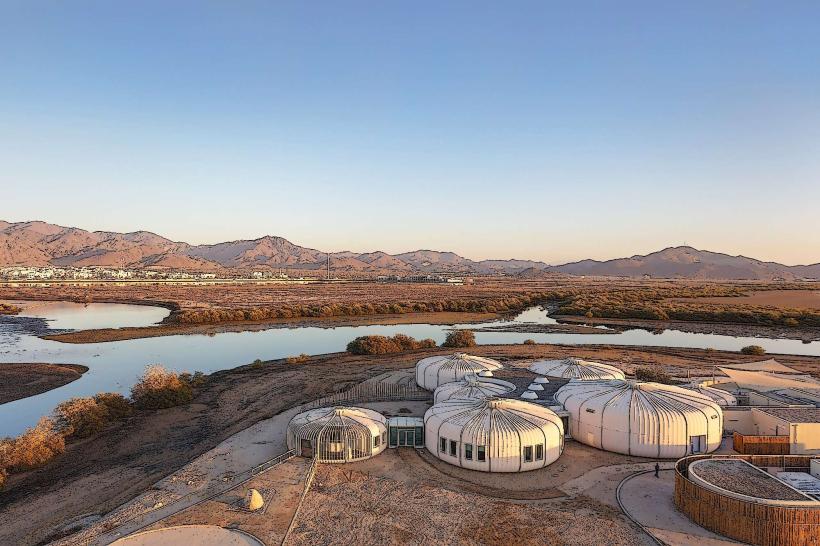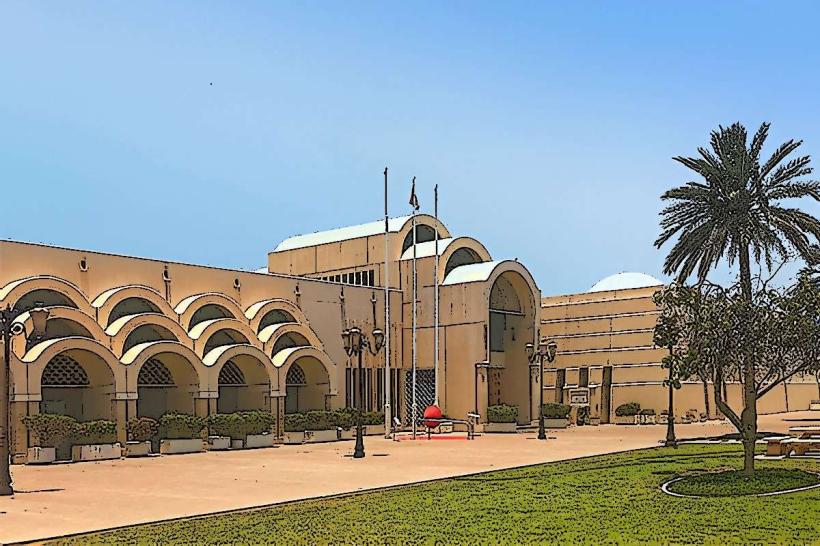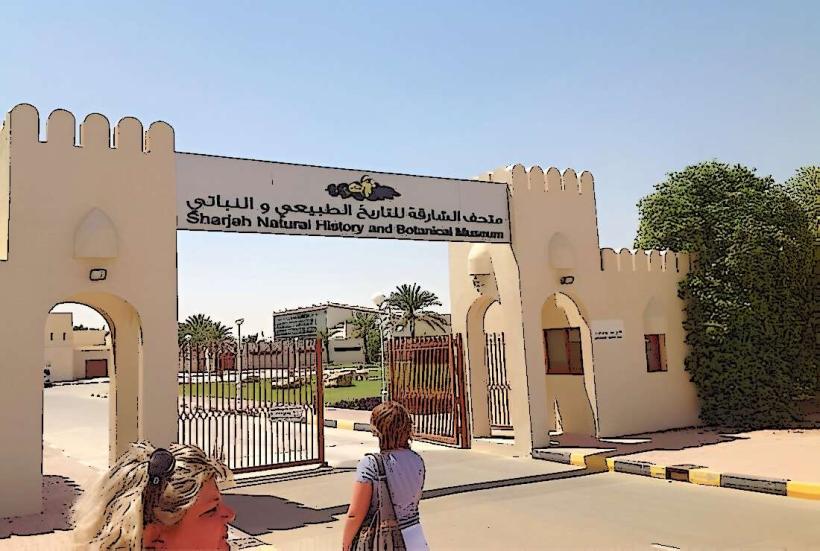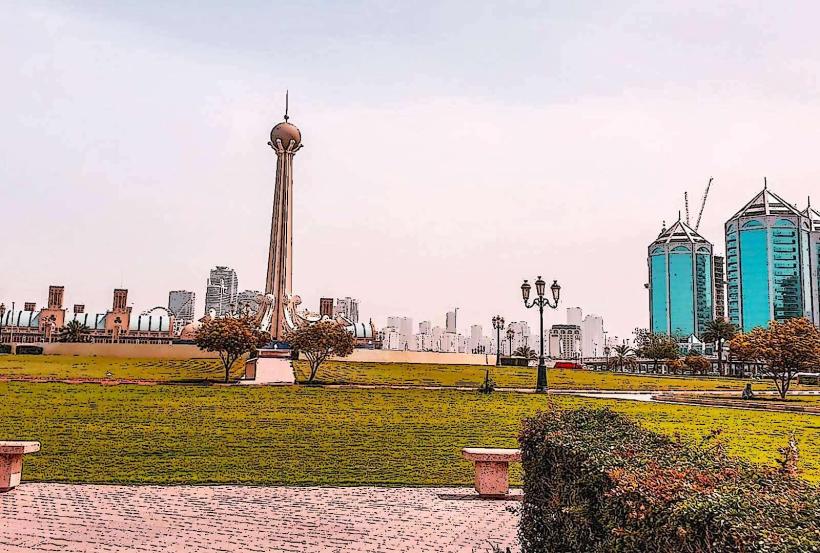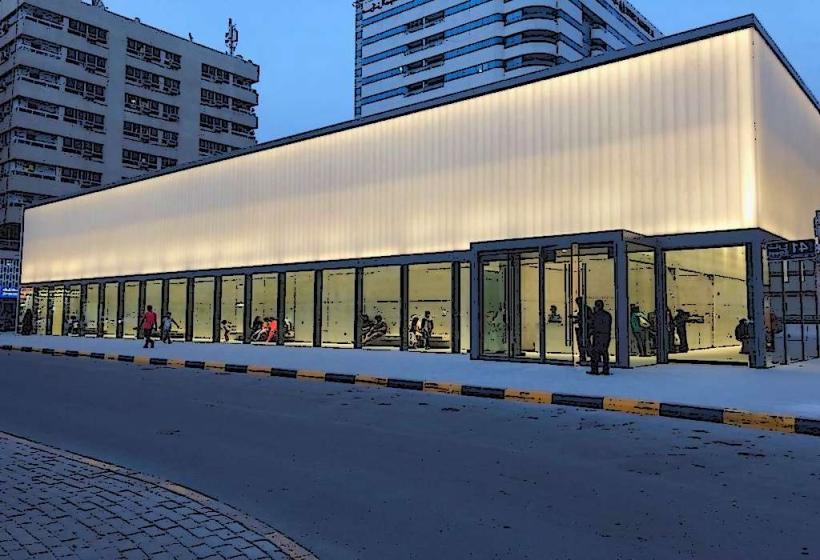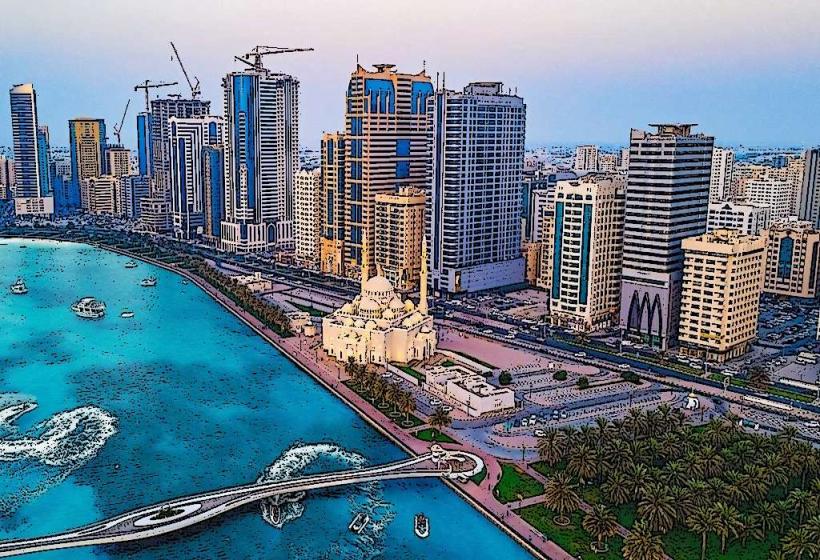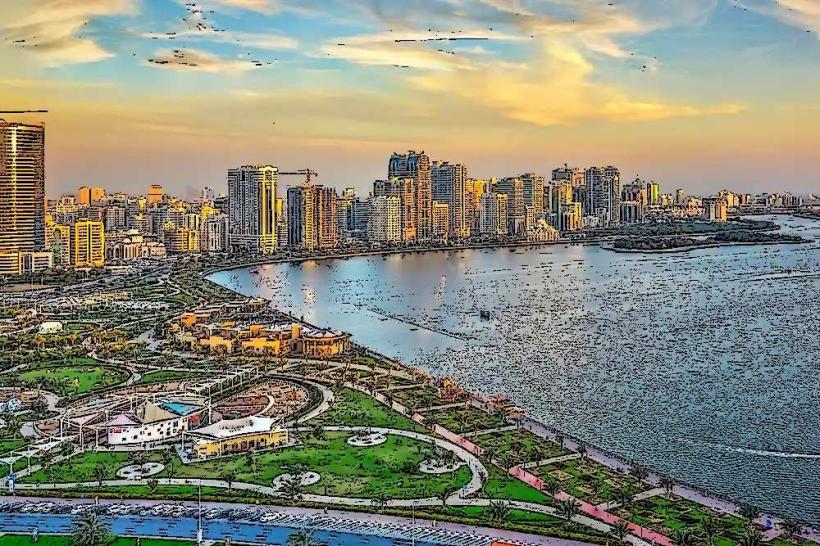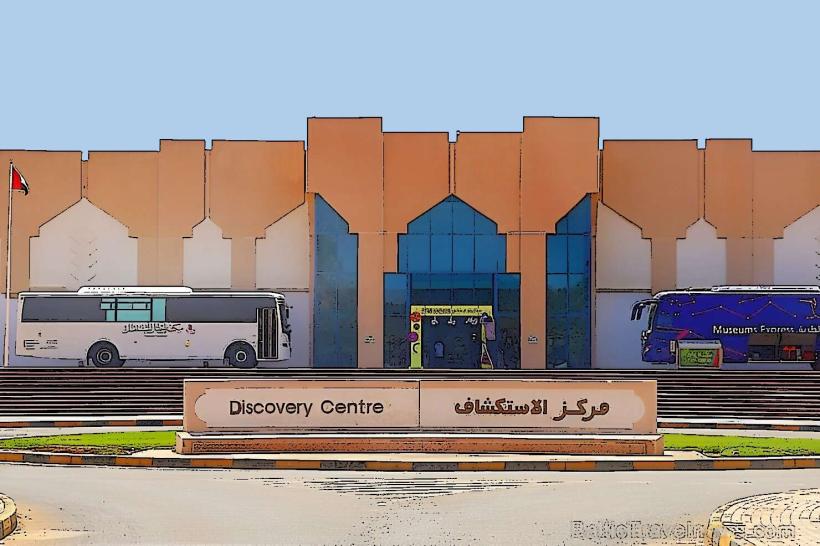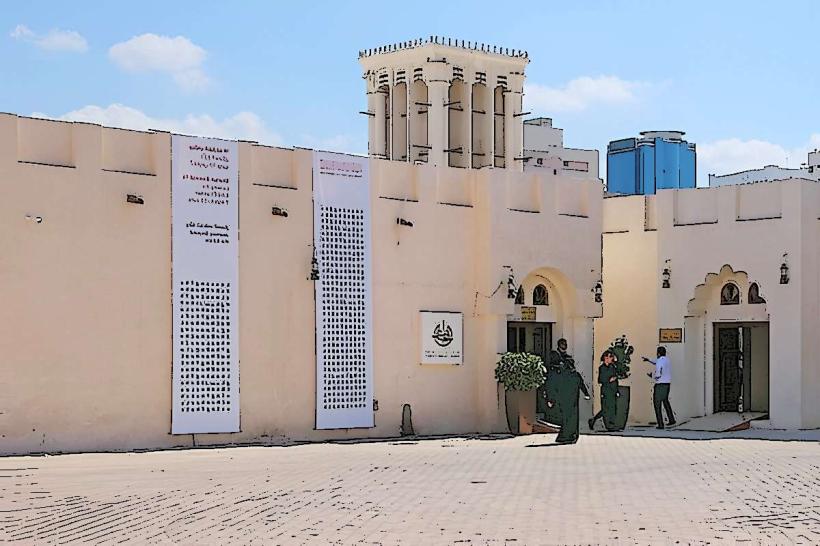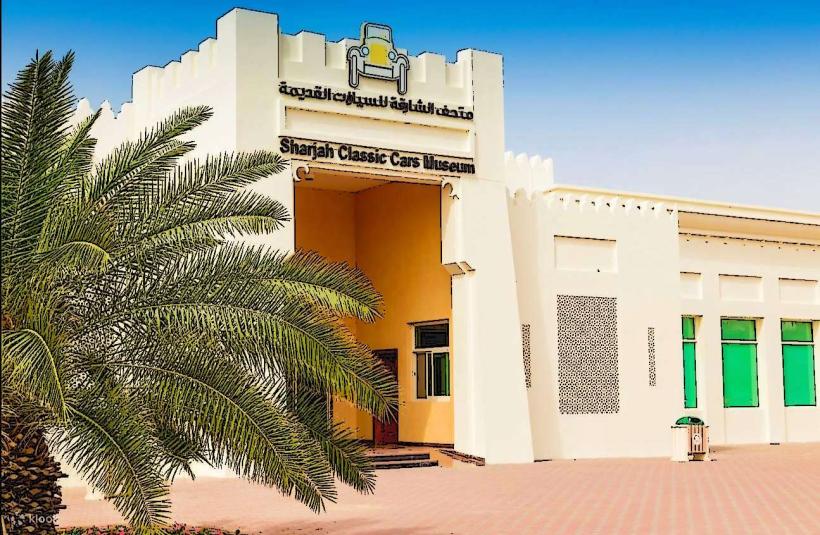Information
City: SharjahCountry: United Arab Emirates
Continent: Asia
Sharjah, United Arab Emirates, Asia
Sharjah serves as the cultural and educational capital of the United Arab Emirates and a major industrial hub, contributing approximately 7.4% to the national GDP. It is strategically positioned on the Arabian Gulf, forming part of the Dubai-Sharjah-Ajman metropolitan area, and is the only emirate with territory on both the western and eastern coasts of the country.
Historical Timeline
Sharjah’s history dates to 6000 BCE, but the modern emirate was established in the early 18th century when the Al Qasimi family (Qawasim) emerged as a dominant naval power. It became a British protectorate in 1823, serving as the primary station for the British residency agent until 1954. The most significant architectural reconstruction occurred after 1971 following UAE independence, specifically under the direction of the current ruler, Sheikh Dr. Sultan bin Muhammad Al Qasimi. The primary event that shaped the current urban form was the mid-20th century silting of Sharjah Creek, which shifted maritime dominance to Dubai and forced Sharjah to pivot toward its current identity as an industrial and cultural center.
Demographics & Population
The 2026 estimated population is approximately 1.94 million. The demographic is approximately 12% Emirati citizens and 88% expatriates, primarily from India, Pakistan, and the Philippines. The largest age group is the 20 to 39 demographic, reflecting a workforce-heavy society with a median age of approximately 32.6 years.
Urban Layout & Key Districts
The city is organized around the Khalid Lagoon and the Sharjah Creek. Al Majaz (Central) is the primary waterfront district for leisure; Al Qasba (South) serves as a cultural and dining hub near the Dubai border; and the "Heart of Sharjah" (West) is the historic district containing the oldest preserved buildings. The industrial zones are located further inland to the East and North.
Top City Landmarks
Sharjah Museum of Islamic Civilization (Al Majarrah)
King Faisal Mosque (Al Soor)
Central Souq / Blue Souq (Khalid Lagoon)
Al Noor Island (Khalid Lagoon)
Sharjah Fort / Al Hisn (Heart of Sharjah)
Transportation Network
Internal movement relies on a comprehensive bus network managed by the Sharjah Roads and Transport Authority (SRTA). There is no metro or tram system. Uber and Careem are the primary ride-sharing platforms, while "Sayer" smart cards are used for bus fares. Official taxis are silver with yellow roof signs. Traffic density is extremely high on the E11 and E311 highways, particularly during the morning and evening rush hours between Sharjah and Dubai.
Safety & "Red Zones"
Sharjah is categorized as a high-safety city with a very low crime rate. There are no specific "red zones," though less populous industrial areas like Al Sajaa should be avoided by pedestrians at night due to poor lighting. Common scams involve "emergency" roadside assistance requests from strangers or fraudulent calls claiming to represent government authorities.
Digital & Financial Infrastructure
Average fixed internet speeds are 200+ Mbps. Main mobile carriers are Etisalat (e&) and Du. Card acceptance is high in malls and chain restaurants, but cash is often required in smaller souks and for local bus top-ups. ATMs are ubiquitous, particularly in the Rolla and Al Majaz districts.
Climate & Air Quality
Temperatures range from 14°C to 24°C in winter and 32°C to 48°C in summer. Air quality is periodically affected by particulate matter during dust storms (Shamal winds) and localized industrial smog in the eastern districts. High humidity in August can lead to an extreme heat index exceeding 50°C.
Culture & Social Norms
Social rules are more conservative than in neighboring Dubai. Tipping of 10–15% is standard in restaurants. Dress code is strictly enforced in public places: shoulders and knees must be covered for both genders. Alcohol is completely prohibited (Dry Emirate); possession or consumption is illegal. Smoking is prohibited in all indoor public spaces and malls.
Accommodation Zones
Al Majaz Waterfront: Stay here for walking access to the lagoon, dining, and central landmarks.
Al Khan: Stay here for beach access and proximity to the Sharjah Aquarium and maritime museums.
Local Cost Index
1 Espresso: 19 AED ($5.15)
1 Standard Lunch: 40 AED ($10.90)
1 Local Bus Ticket: 8 AED ($2.18)
Nearby Day Trips
Mleiha Archaeological Centre: 60 km (50 minutes)
Khorfakkan (East Coast): 105 km (1 hour 15 minutes)
Dubai Safari Park: 35 km (35 minutes)
Al Noor Island / Butterfly House: Within city limits.
Facts & Legends
A local historical oddity is the "Rolla Tree," a massive banyan tree that stood in the city center for nearly 150 years and served as a communal meeting point for residents to celebrate festivals and conduct trade; though the original tree died in the late 1970s, the district still retains its name. A verified oddity is the "Rain Room" at the Sharjah Art Foundation, a permanent installation where sensors allow visitors to walk through a continuous downpour without getting wet.

